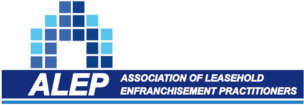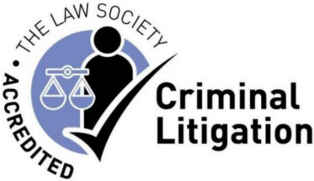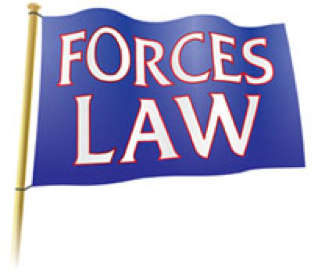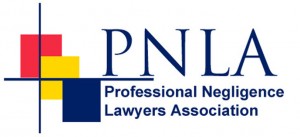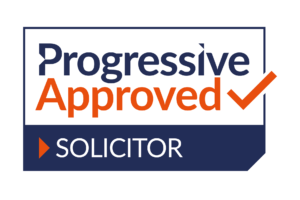Solicitors with a specialist leasehold team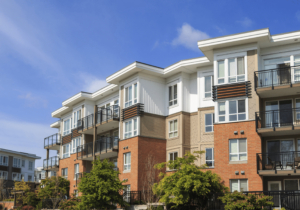
If you are thinking about about buying leasehold property, whether it’s a house or flat, then there are lots of things to think about. A residential long lease property means that the land which your property sits on does not belong to you, and this has some really important implications for the owners of the 4.86 million leasehold homes in England.
2024 News – The UK Government’s Leasehold and Freehold Reform Act was passed in May 2024. It makes some fundamental changes to the ownership of leasehold property. But there is a delay in the act actually coming into effect, which could take some time. And in the meantime those changes don’t yet apply.
Click here to read the Leasehold Reform Latest News
Got a question about owning leasehold property? Call our specialist leasehold team on FREEPHONE 0800 1404544 for FREE initial phone advice – with no strings attached.
The golden rules of buying leasehold property are the following:
1. Leasehold is not the same as freehold.
In fact the government’s own gov.uk website actually uses the following description:“ Leaseholders are owner-occupiers who are in a landlord and tenant relationship”. Essentially if you own a long leasehold, you simply own the rights to live in that property for a set period.
It’s really important that you understand the rights and restrictions contained in your lease. And if you struggle to understand what’s in your lease (and that’s understandable, because leases can be very long and contain a lot of legal language) make sure that the solicitor you use when you buy a leasehold property explains to you anything you don’t understand. That’s what you’re paying for.
Click here to read more about the differences between Freehold and Leasehold
2. Know How Long is Remaining on the Lease – and Understand Your Right to Extend Your Lease or Buy your Freehold
The period left on the lease is the period of time for which you will actually own the flat or maisonette. After that the property will revert to the freeholder unless you have arranged for the lease to be extended first. It’s therefore extremely important to be aware of how long there is left on your lease.
Lots of residential leaseholders are simply unaware of their rights when it comes to extending their lease. Perhaps this is unsurprising given that many estate agents are inexperienced in this complicated area of property law, and many conveyancing solicitors either don’t understand leasehold extension, or simply don’t take the time to talk their clients fully through their rights and responsibilities. So – when you bought your flat, did your solicitor explain your right to lease extension? Probably not.
Once you have owned the flat for a period of two years, you have the legal right to get your freeholder to extend your lease by 90 years. This right applies even if you have never lived in the property concerned yourself. As the term of your lease gets shorter, extending it becomes even more important. Not only will do you face your lease eventually running out, as a lease gets shorter a flat gets much harder to sell as mortgage lenders will not lend money on property with short leases. In fact if your lease is below 70 years, your purchaser may struggle to raise a mortgage.
And be aware that the day your lease drops below 80 years, your freeholder is entitled to charge you an additional premium for your lease extension – which is likely to cost you thousands of pounds.
If you are thinking of buying a house or flat with a short lease, it is worth knowing that there is a way of avoiding the two year wait. If the person selling the property to you has owned it for at least two years, they can start the process of extending the lease and then pass it on to you as part of the sale.
You should also be aware that with the right number of fellow leaseholders supporting you, you have a legal right to buy the freehold of your block jointly and to take over the right to manage your block.
And our strong advice is don’t even consider a DIY lease extension or freehold purchase. Even experienced property solicitors often struggle with the process if they don’t deal with lease extension or enfranchisement regularly – and it’s very easy to get it wrong.
Looking for specialist lease extension advice. We have a five strong team doing nothing but lease extension and enfranchisement – one of the most specialist teams in the country. Click here to find out more about lease extension and leasehold enfranchisement.
3. Ask About Service Charges
Owners of leasehold properties normally have to pay an annual service charge. This can be anything from one or two hundred pounds up to a few thousand pounds. The service charge is paid to the landlord or freeholder and in return they manage the upkeep of the building and any land. Leaseholders have the legal right to ask their freeholder to prove how the service charge is being spent by asking to see receipts, and it is a criminal offence to refuse to provide these.
Worried about a service charge dispute? Our property dispute resolution team can help. Ccall us on FREEPHONE 0800 1404544 for FREE initial phone advice
4. Ask About Reserve Funds
Leaseholders may be asked to pay additional money into a reserve or sinking fund which is there to cover any large repairs to the building or cover catastrophes which might occur in future.
If you’re thinking of buying a leasehold flat – make sure you know if there are any major works planned or other forthcoming large demands for service charges or sinking funds.
And beware – if there is a reserve fund surplus, the vendors may well ask you to be repaid that sum on completion – effectively increasing the purchase price of the flat.
Depending on where you live, purchasing a leasehold property may require you to make payments into a collective fund, known as the sinking fund. This money is then set aside to pay for any future repairs or renovations that need to be made in your building or house. The leasehold sinking fund can help prevent homeowners from having to foot the entire bill by themselves when improvements need to be done.
Click here to find out more about leasehold sinking funds
5. Understand the Ground Rent Clauses
Many leasehold tenants also have to pay an annual ground rent, as technically they are just renting the ground where their house or flat is built. Ground rent is normally a small sum, but if your lease states you have to pay it, you legally have to do so. It’s also very important to look at what your lease states in terms of increasing the ground rent. Provision for regular increases is normal, but some leases allow for the amount of ground rent to be increased substantially after a given period.
Being a property owner isn’t cheap and it sometimes seems as if there is an endless list of bills to be paid. Many of these costs cover maintenance and repairs which are essential, and if the landlord wasn’t covering these you’d have to meet the cost anyway. On a yearly basis, the overall cost is not that different.
It can seem as if there are many disadvantages to owning a leasehold property but buying a leasehold flat is still usually a sound investment. As well as providing somewhere for you to live, a leasehold flat purchase can be the first step on the road to eventually owning a freehold house.
Before you commit to buying a leasehold flat make sure that you get an experienced property solicitor to check over the lease and explain it all to you in a way which is easy to understand.
Not all residential leases are the same and so you must make sure that you know exactly what your lease states, and are aware of your obligations as stated in the lease, both at the time of purchase and in the future.
Thinking of Buying Leasehold Property? Call us today
Our expert Leasehold Property team can help you with any aspect of leasehold law.
For FREE initial phone advice;
- Call one of our team on FREEPHONE 0800 1404544 or on 01722 422300
- E-mail us using the online enquiry form below:

